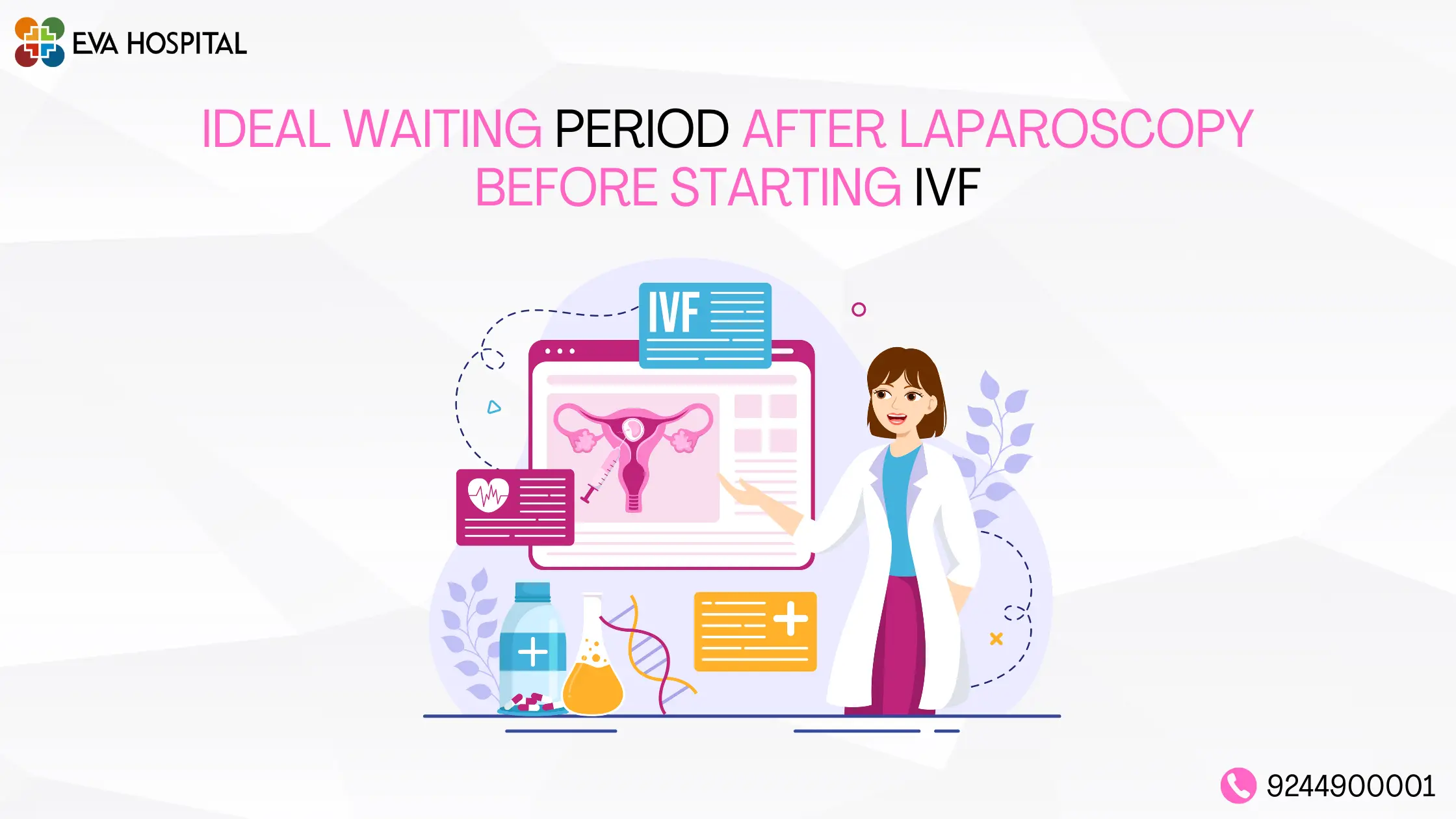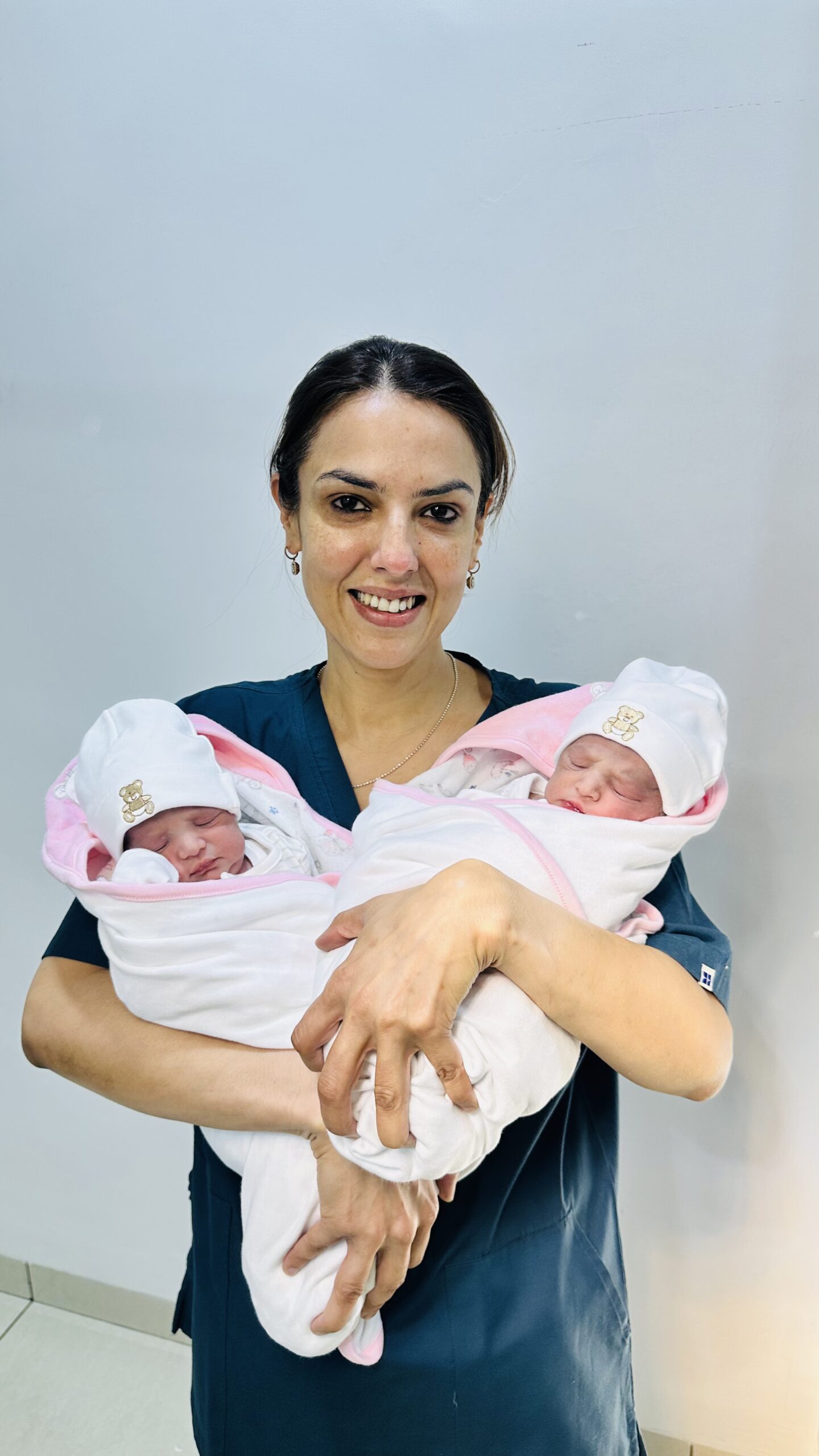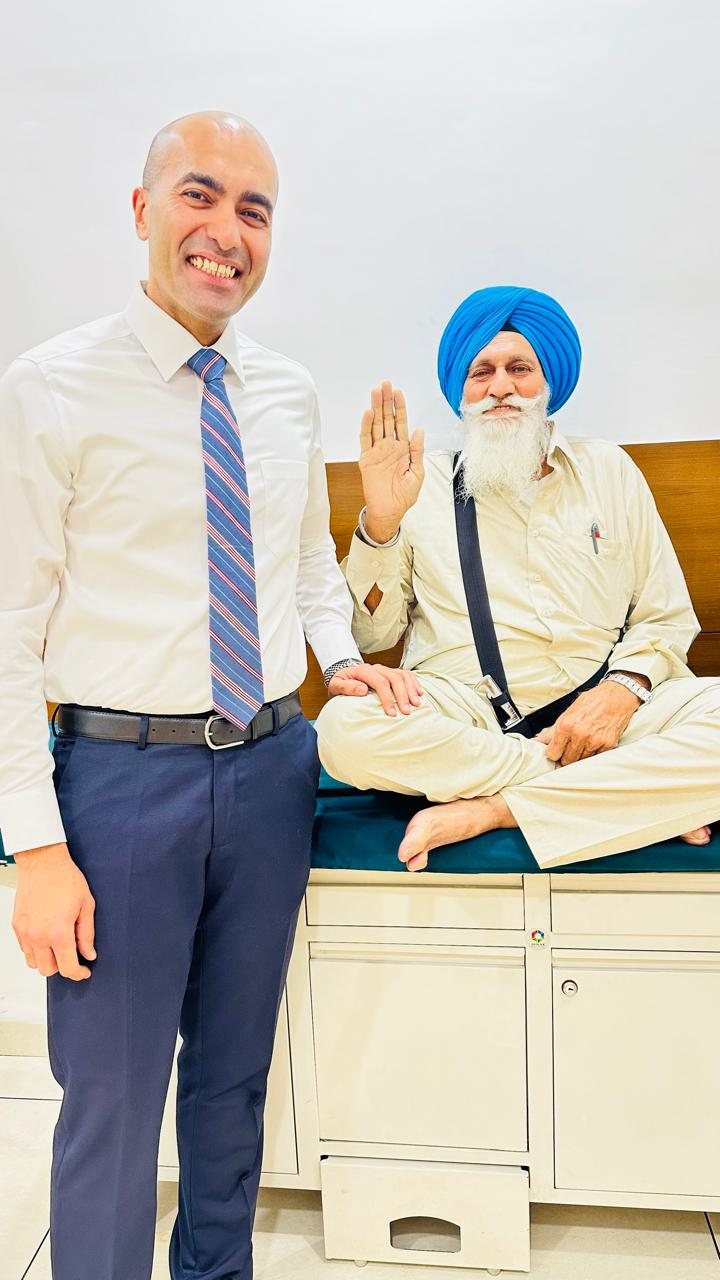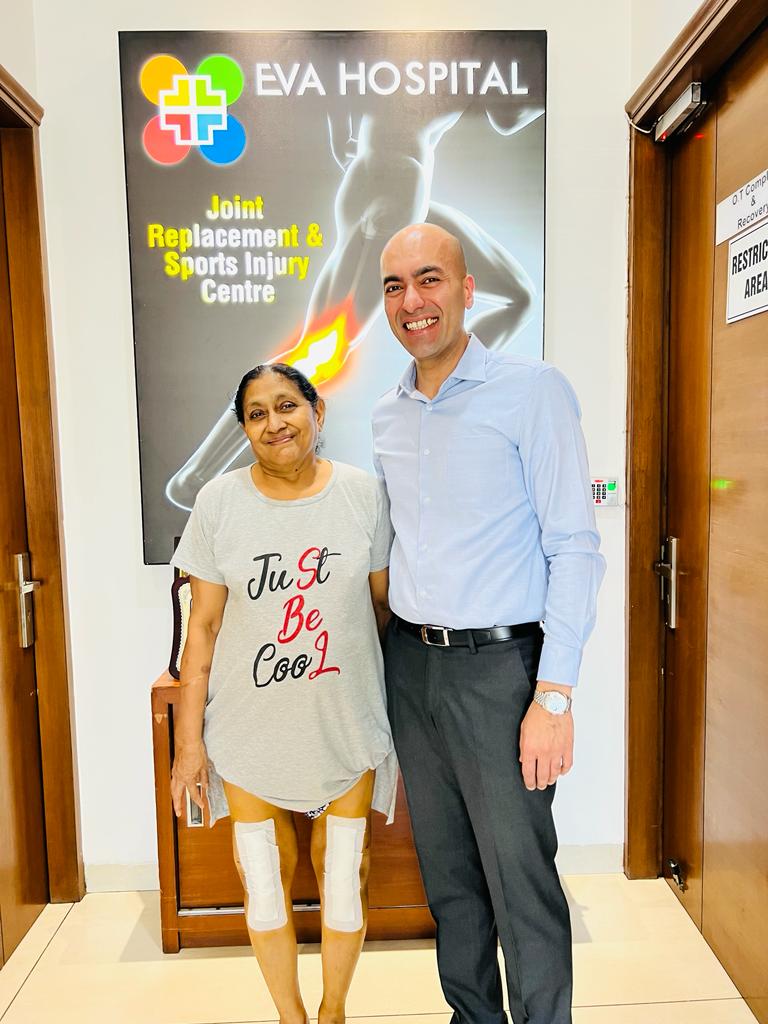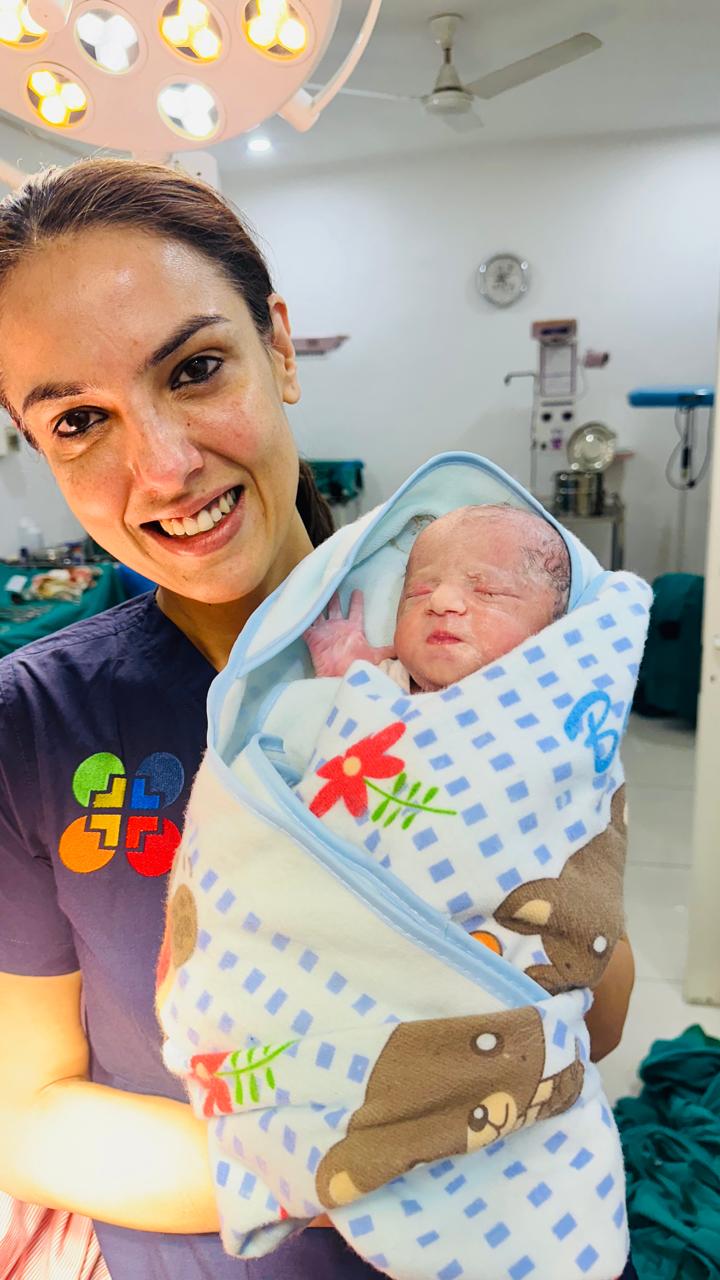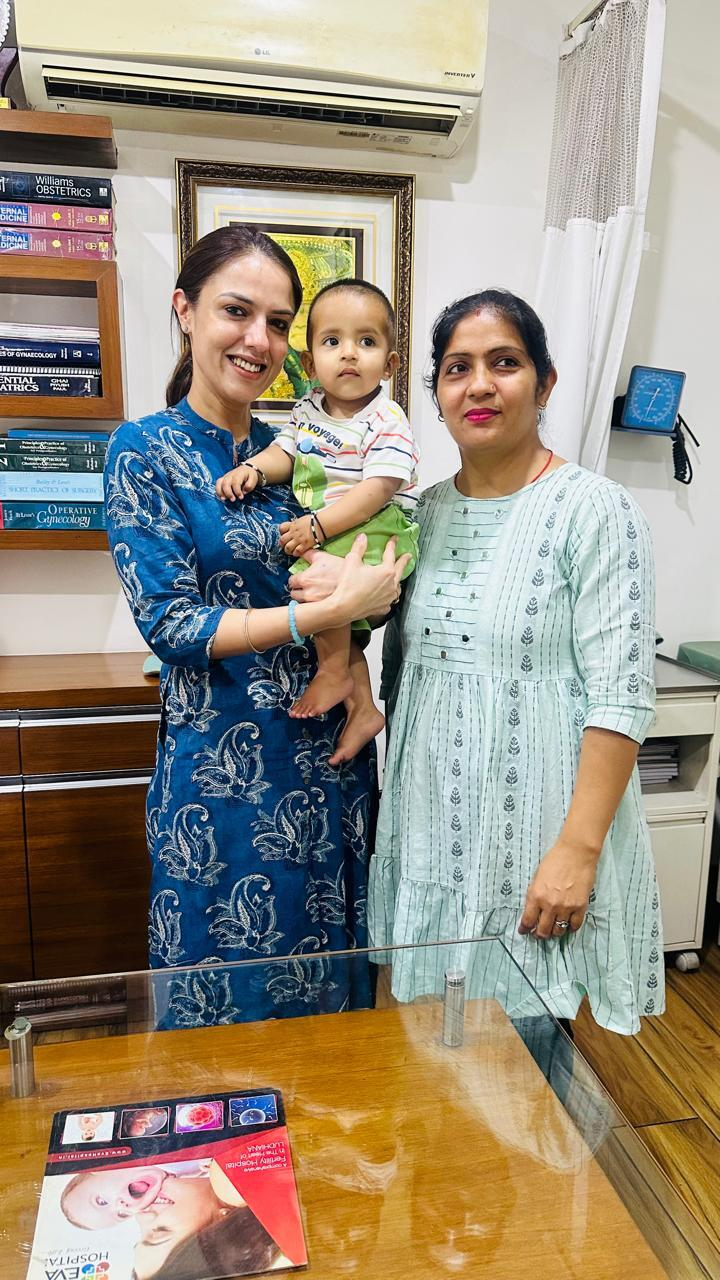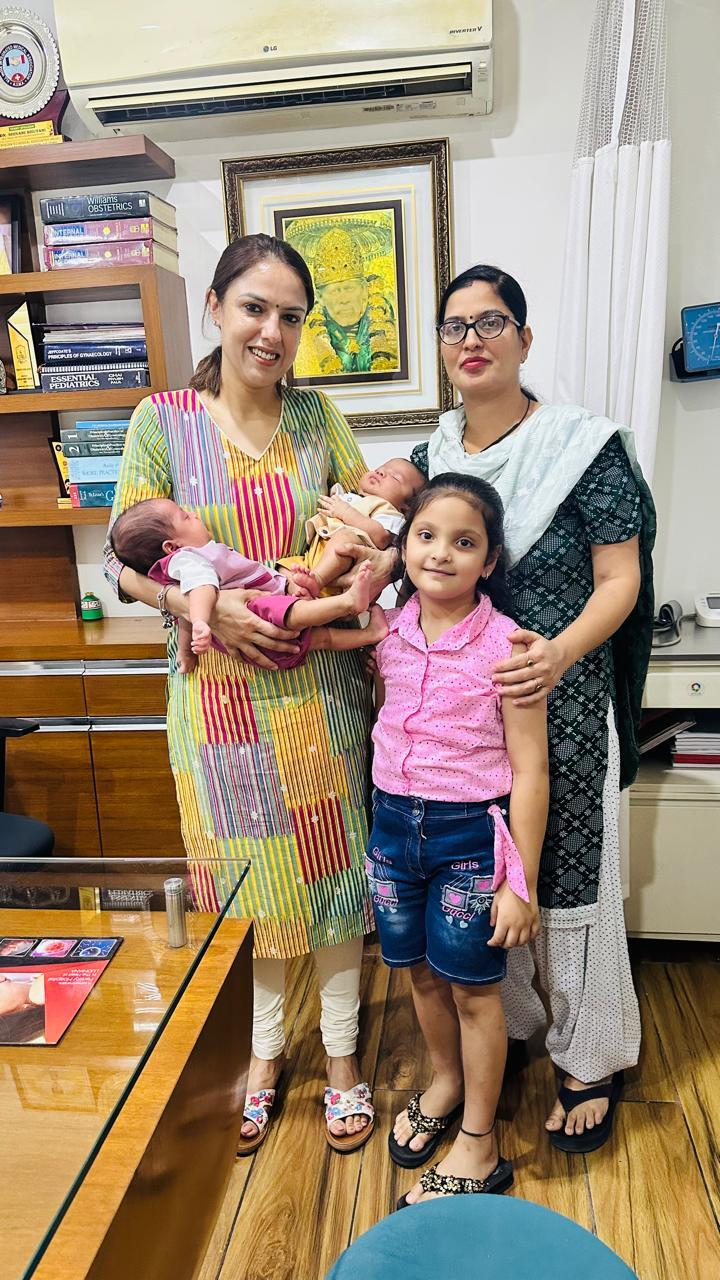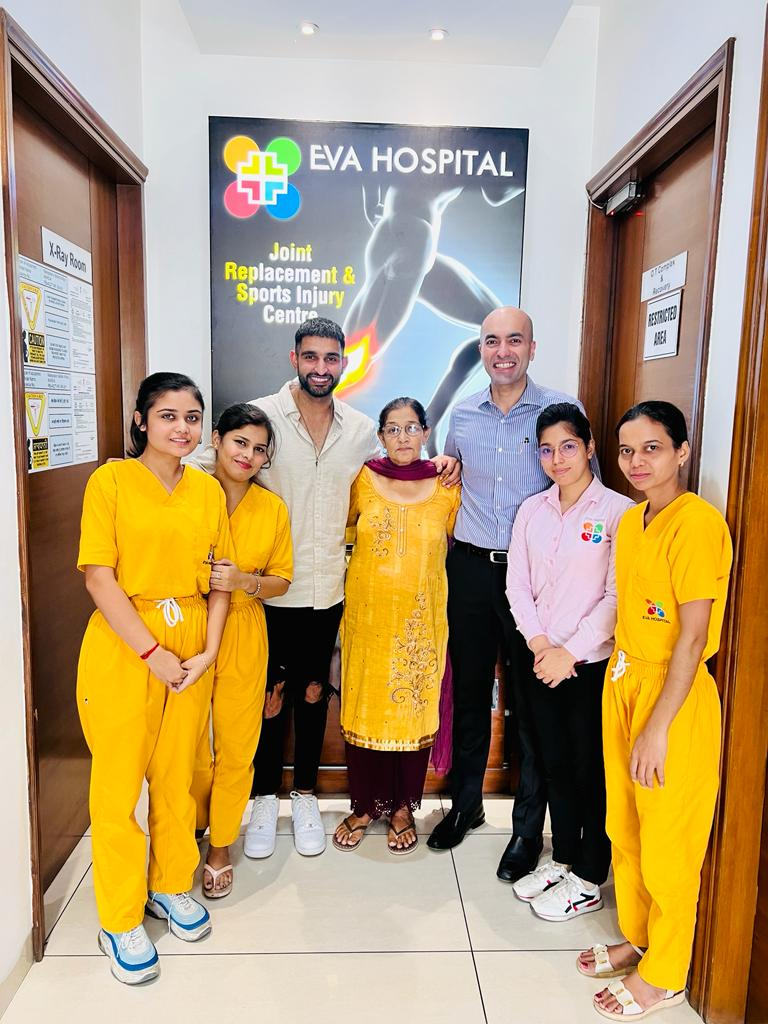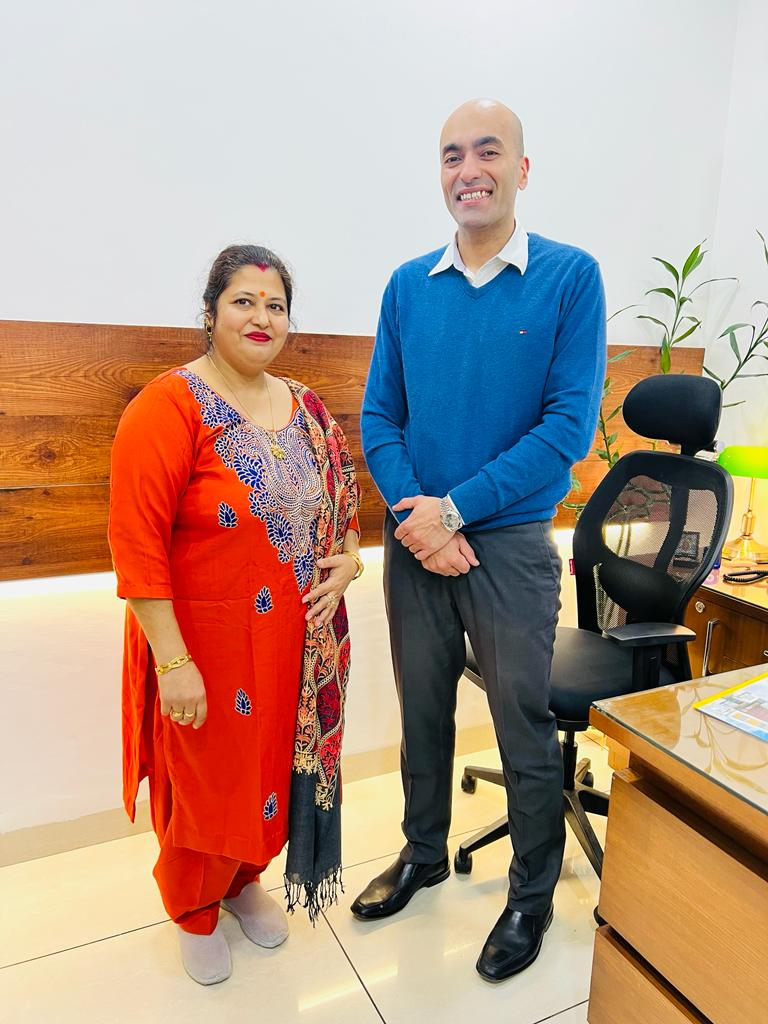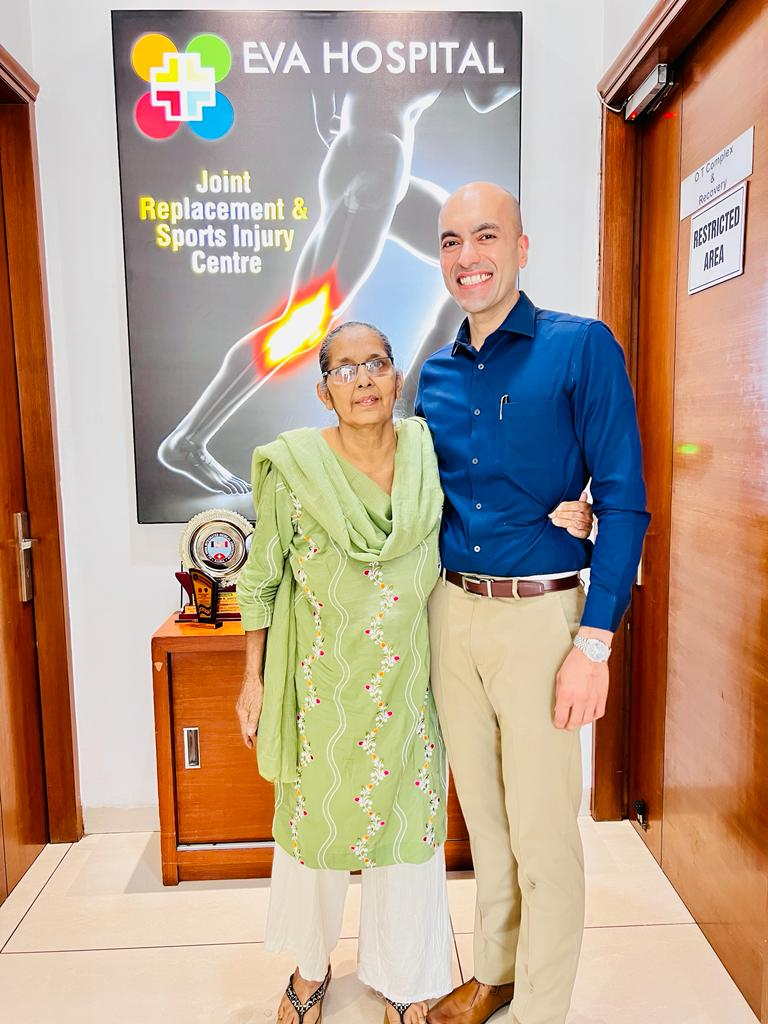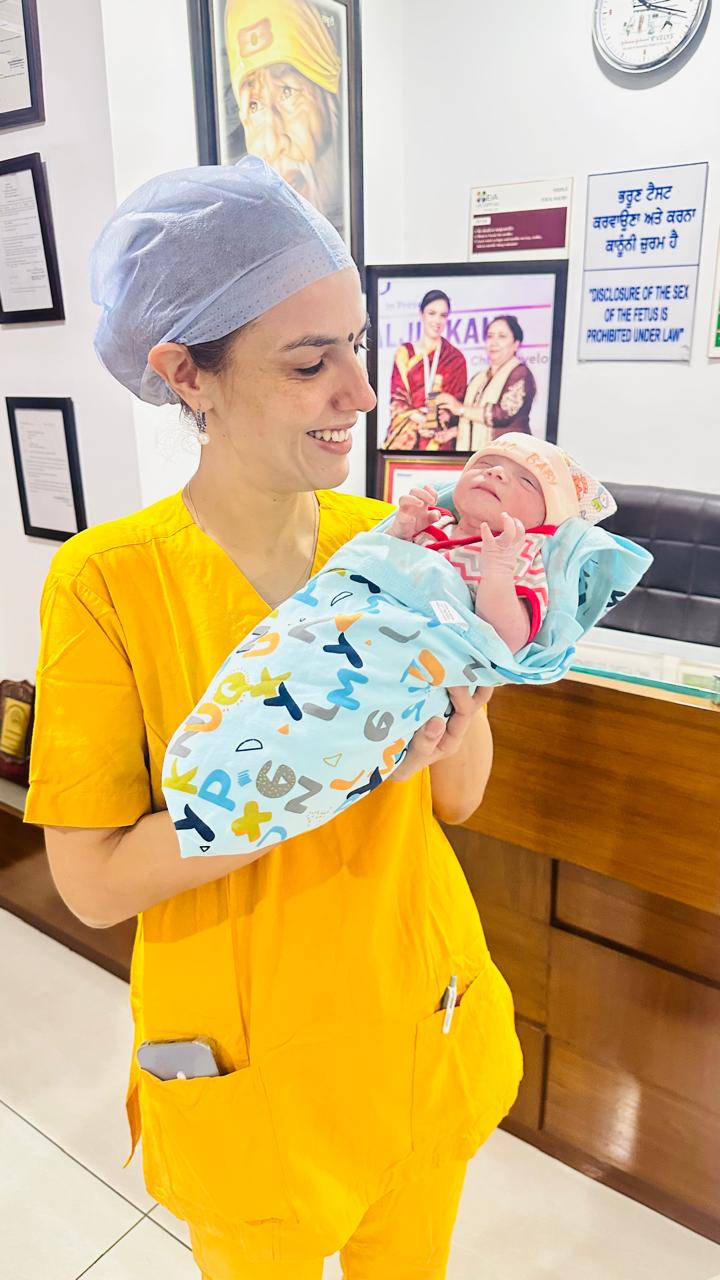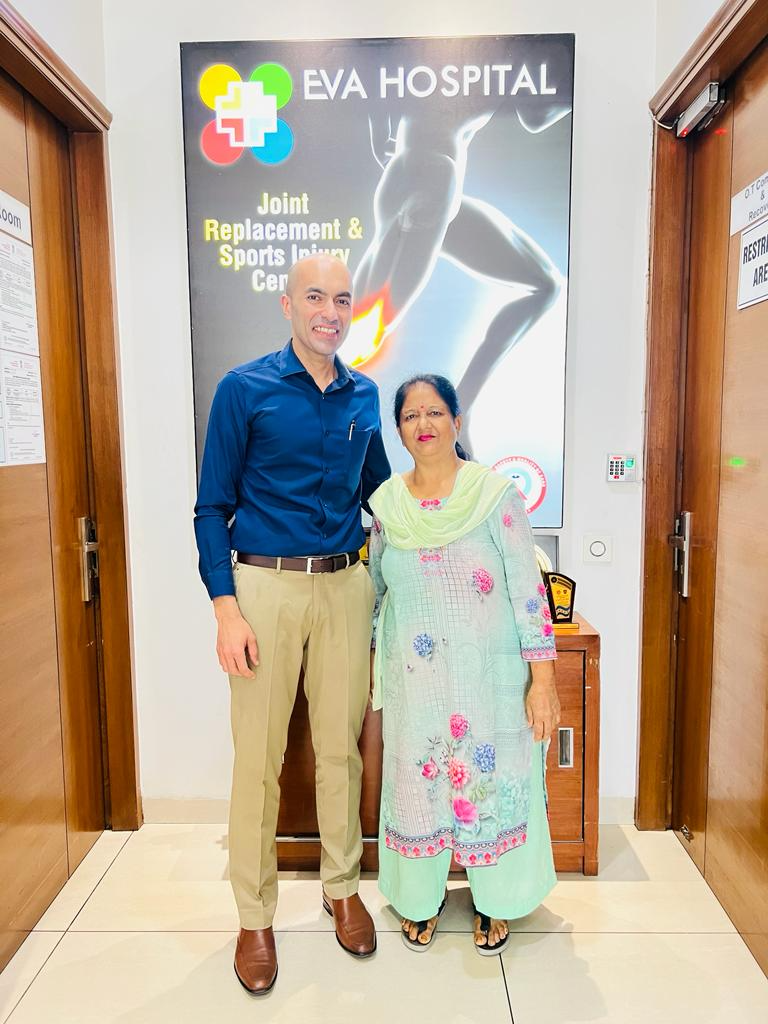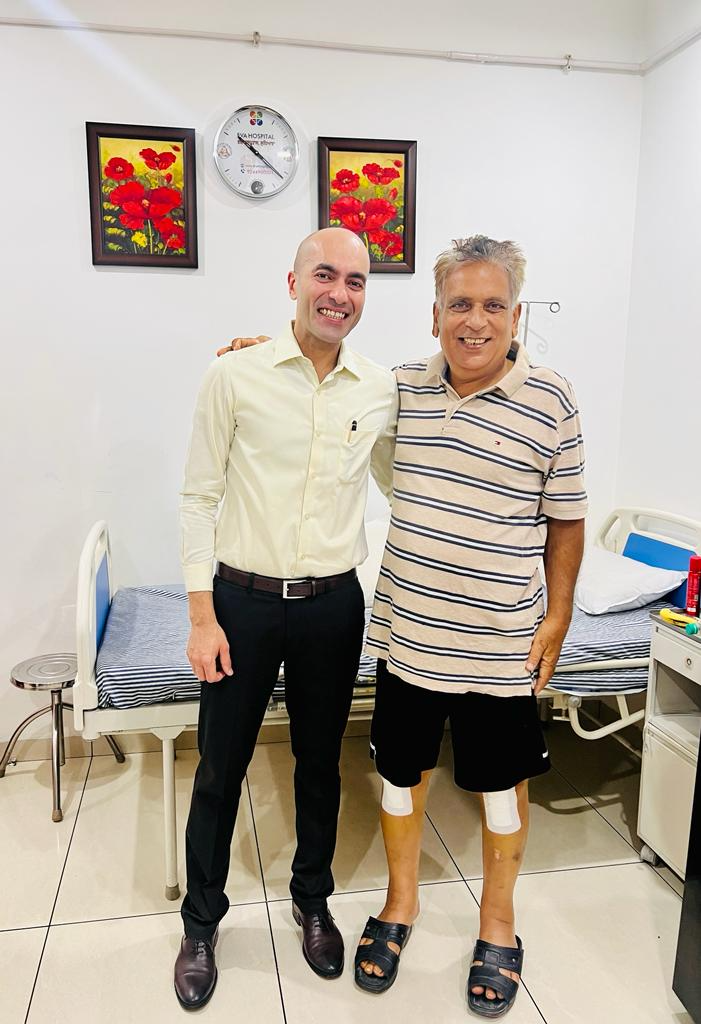Summary
Infertility Laparoscopy is a widely practiced diagnostic and therapeutic intervention method in the field of fertility care, where it is mostly used in the treatment of endometriosis, fibroids, or blocked fallopian tubes. However, there is a common question many patients raise after it is gone through: how soon can I begin using IVF? In this article, we’ll explore the ideal waiting period after laparoscopy before starting IVF, how long recovery takes, and the recommended time gap between laparoscopy and IVF. You will discover professional evidence, compassionate advice, and realistic aftercare strategies to move one step ahead of your journey with more certainty.
Introduction
Recently undergone a laparoscopy, or are you considering a laparoscopy in your fertility future? You may be asking yourself What now? How much time do we actually need to spend before we have to embark on IVF? This is a question that we always get asked.
Hi I Dr Shivani Bhutani is back with my other educational and knowledge blog for people who are going to get IVF treatment. Earlier, I wrote in my blog about the pros and cons of eating pizza during pregnancy. As per my experience, there’s no one-size-fits-all answer—but understanding the time gap between laparoscopy and IVF is key to maximizing your chances of a successful outcome. Time is required so that your body can heel and your doctor would weigh such factors as your age, the diagnosis, and your overall reproductive health to proceed with treatment.
In this article, we will deconstruct what to expect after laparoscopy, how long the waiting period can be, and why that recovery time is actually in your favor.
Understanding the Time Gap Between Laparoscopy and IVF
The time gap between laparoscopy and IVF can vary based on the purpose of the surgery, the severity of any issues treated, and your body’s healing speed.
Normally, doctors advise the 1-3 months gap after the process of laparoscopy before the IVF process can commence. This allows your body the time to adjust to this physically and aid in ensuring that the internal environment is one that would allow implantation of embryo to occur.
Why Timing Matters
It takes awhile after laparoscopy before your body can heal enough to lessen inflammation and achieve hormonal balance. The premature practice of IVF can diminish the success of therapy or cause more pain.
Taking the appropriate waiting period after laparoscopy before IVF allows your reproductive system to recover, which can significantly increase the chances of IVF success.
Factors That Affect the Waiting Period
Each patient is unique. Here are some things that influence the time gap between laparoscopy and IVF:
- The intricacy of the laparoscopy (diagnostic Vs. surgical)
- Whether problems such as endometriosis or fibroids were cured
- The age and ovarian reserve You have
- Recovery focus on post-op suggestions by Doctor
In most patients, a 1-2 menstrual cycle period was sufficient. Others will be better off waiting 2-3 months, particularly people with a long course of treatment.
Physical and Emotional Recovery After Laparoscopy
Laparoscopy may be minimally invasive, but it’s still a surgical procedure. Recovery varies from person to person and involves both physical and emotional aspects.
Let’s explore how healing plays a role in determining the ideal time gap between laparoscopy and IVF.
1. Physical Recovery Timeline
Most people return to daily activities within a week or two, but internal healing continues for several weeks.
- Minor procedures (like diagnostic laparoscopy): 2–4 weeks recovery
- Extensive procedures (removal of cysts, adhesions, etc.): 4–8 weeks
You want to ensure your uterus and ovaries are in the best possible condition before beginning IVF stimulation or embryo transfer.
2. Emotional Readiness
Do not underestimate the psychological impact of fertility treatment and surgery. It is equally important to give yourself the needed time to rest, think, and psychologically prepare.
The waiting period after laparoscopy before IVF isn’t just about healing your body—it’s about giving yourself space to be emotionally ready for the next step..
How Doctors Determine the Best Time Gap Between Laparoscopy and IVF
Your fertility expert is significant in leading the process in terms of timing, according to your unique health and fertility desires.
They will base their timing of initiating safe and effective IVF on the results of tests, your health status and fertility history.
1. Follow-up Visits and Recovery Checkpoints
Once you undergo laparoscopy, you will probably be scheduled to meet your doctor after so that recovery can be checked and appropriate measures undertaken.
Your physician could recommend a test on hormones or ultrasounds.
They will ensure that they look out to see whether there is any symptoms of internal inflammation or residual symptoms.
These assessments help determine the right time gap between laparoscopy and IVF so you don’t start too soon—or wait unnecessarily long.
2. When IVF Can Start Sooner
In others, such as where age or reduced ovarian reserve is involved, IVF can commence earlier, in as little as 4-6 weeks, so long as recovery has gone satisfactorily.
This is the reason why you need to be in touch with your fertility staff. You don t have a universal clock, but there is a right time.
FAQs: Time Gap Between Laparoscopy and IVF
1. How long should I wait after laparoscopy to start IVF?
The majority of fertility specialists advise a wait of about 1 to 3 months following laparoscopy. The exact time gap between laparoscopy and IVF depends on the type of surgery, your recovery, and other individual factors.
2. Why is it important to wait after laparoscopy before starting IVF?
Waiting allows your body to recoverfrom inflammatory changes and minimizes the possibility of complications and provides the most promising conditions of embryo implantation. It is one of the absolutely essential steps in the process of IVF preparation.
3. Can I start IVF immediately after laparoscopy?
IVF may commence in a month in rare instances where recovery is fast and little intervention carried out during laparoscopy. Most experts, however, recommend a brief waiting period in order to achieve maximum results.
4. Will waiting too long after laparoscopy affect my fertility?
Not usually. It can in fact create better IVF outcomes by allowing your body the time it needs to heal. But if you are 35 or older or have low ovarian reserve, your doctor may advise for a shorter waiting period.
5. What should I do during the waiting period after laparoscopy?
Prestation should be used to rest, get balanced nutrition, have emotional care, and get preparation on the next step. Be compliant with your doctor, take follow-ups and keep stress at bay.
Final Thoughts
The ideal waiting period after laparoscopy before starting IVF is a balance of science, healing, and timing. Although you may be excited to get a jump on things–and we certainly do not blame you–a little more time off can make IVFs a success.
Your body has just undergone an investigative or therapeutic process bound to increase your fertility. Providing it with time to heal enough will only increase your success in IVF.
Whether your doctor recommends a 4-week or 12-week time gap between laparoscopy and IVF, trust that it’s part of the bigger picture designed with your long-term fertility goals in mind. You have already made a great step forward- now, leave the rest to your body.

